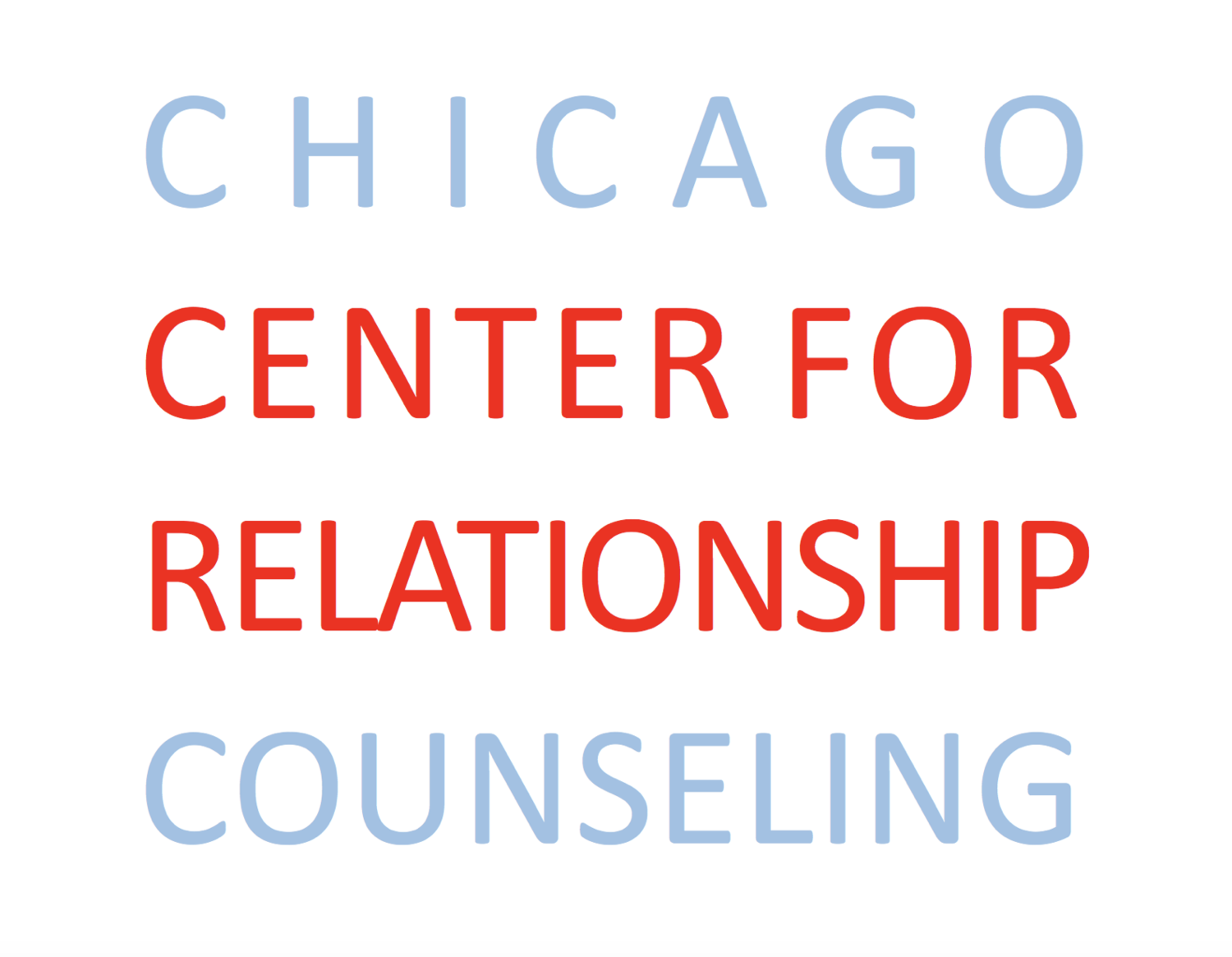Being married is hard. We pull a lot from our past experiences that we may or may not be aware of. If we were hurt during an earlier part of our life (who wasn’t?) we probably developed some way to manage it. A nasty pattern can develop when we protect ourselves with tools that trigger our partner’s pain.
I’m a big fan of Bob’s Burgers, so let’s use Bob and Lynn as names for my fake example. This is not a client’s story! (This isn’t even Bob and Lynn’s story from Bob’s Burgers!)
Bob and Lynn are successful, well-adjusted adults. They fight more then they’d like, and they’re ready to make some changes. Looking back at their earlier relational experiences is helpful.
Bob’s parents fought a lot when he was a tween. He figured out ways to shut it out. He learned how to draw into himself so that he wouldn’t be so rattled by the arguing. When he withdrew, his mom would seek him out and comfort him. His survival skill worked well for him during this part of his life.
Lynn’s parents split up when she was 6. Her dad moved out. She was hurt by this, and when she saw him on the weekends she’d let him have it. Her anger toward him for leaving helped her feel some sense of power and control over the situation. And it prompted her dad to understand her experience and console her underlying pain. Her survival skill worked well for her during this part of her life.
Now, when Bob comes home late and does a poor job of letting Lynn know that he’s going to be late, Lynn reacts by getting angry and letting Bob have it. Bob reacts to Lynn’s anger by withdrawing. When he pulls back, Lynn lashes out more. They both feel helpless and hopeless in the face of this pattern.
Bob’s vulnerability: loud, expressed anger
Bob’s survival skill: withdrawing
Lynn’s vulnerability: abandonment/unavailability
Lynn’s survival skill: angry attack
Just like the old Reeses Peanut Butter Cups ad…
“You put your peanut butter in my chocolate!”
“You put your chocolate in my peanut butter!”
Mona Dekoven Fishbane and Michele Scheinkman detail plans for how couples’ therapists’ can respond to this impasse in their 2004 Family Process article, The Vulnerability Cycle: Working with Impasses in Couples Therapy.
So how can you respond to this frustrating situation?
Simply put, it’s helpful to understand both your vulnerabilities and your survival skills as a partner in a long term relationship. Do you know what consistently hurts you? Do you know how you’ll react when you’re hurt? Do you have a part of you that is always on the lookout for disrespect? Do you react strongly when your partner is late or doesn’t call when you expected her to? Do you see how your past experiences impact your current relationships? It’s often a lot easier to see this in our partners, rather than ourselves.
Here are 5 tips for managing power impasses in your relationship:
1) Slow down
2) Be compassionate with yourself and each other
One of the keys to breaking this pattern is slowing down. Once we get flooded with anger it is impossible to access our reasonable side. Discussing your vulnerabilities and your survival skills with each other can be very helpful if it’s done in a non-judgmental, compassionate way. Your partner may even see something that you don’t see in yourself. Try to be open to the idea that we all have emotional blind spots.
3) Team up against the pattern
Once you’re both in agreement that you can fall victim to this pattern, you can each work to see it coming. Team up against the pattern. If you catch yourself getting a vulnerability triggered, or feeling the urge to use a survival skill, stop and tell your partner you need a break. Slow down, get a glass of water, or just take a quick walk and then come back. If you’re both on board, this will be a pro-relationship act, not an abandonment.
4) Use the struggle as a chance for self-growth
Examine the experience afterwards too. Is there some theme that is coming into focus for you? Does the same experience push the same button for you? Use this information to understand yourself better. Your marriage is the best place to learn about how you work as a person.
5) Always repair
Always repair if you’ve said something harsh. It helps to have a more adaptive pattern that you can rely on as a couple so that you know that if you make a mistake you can fix it. Say you’re sorry and mean it. Work to not repeat mistakes. Accept the apology and strive for forgiveness.
Work on yourself. Try to understand why you act the way you do. It may not be anger and withdraw, maybe yours is anger and anger, or withdraw and withdraw, or avoid and avoid. Whatever your vulnerabilities and survival skills are, work to understand the impact it's having on you and your partner. This is your best bet for breaking this pattern and taking care of one another in your relationship.


